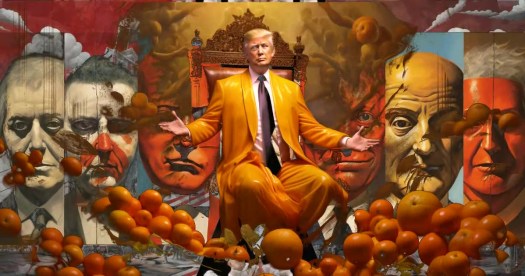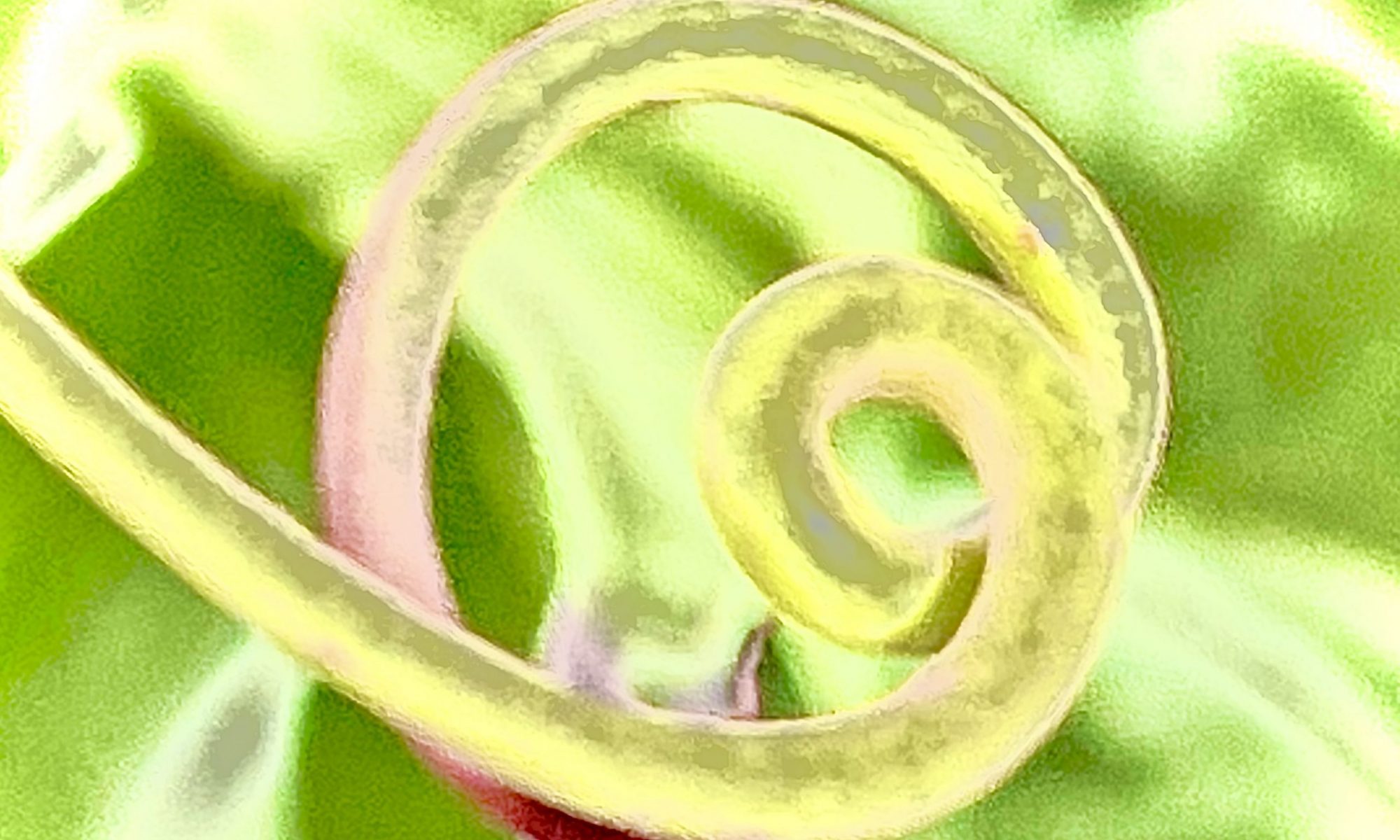
This blog post continues Joost A. M. Meerloo book The Rape of the Mind published in 1956. What Joost observed more than 65 years ago is as relevant today as it was then, perhaps even more, especially if we fail to learn the lessons from our failed and terrible collective past. The section below gets into the psychology of individuals and groups that allows totalitarian thinking and regime to take command of everybody in a society that succumbs to the totalitarian mindset. No one is immune to it. It is ancient, coded deep inside our DNA and running hot between our ears and behind our eyes. When we become tempted by a totalitarian regime, we have succumb to our own phantoms and depravities first. Hate is a habit. Practiced faithfully and rigorously, it becomes a ravenous, vicious rage that only knows how to destroy.
Below are Joost’s words. I have added the animated images, comments in parathesis, and/or links to relevant current events that draw a straight line from man’s psychology right after WWII to now.
The Robotization of Man
p. 74, The Rape of the Mind
First, let me utter a word of caution. We must not make the mistake of thinking that there is any one particular nation that can be completely identified with this hypothetical land. The characteristics to be discussed can come into existence here. Some of Totalitaria’s characteristics were, of course, present in Nazi Germany, and they can today be found behind the Iron Curtain (and 67 years since this book was written, they still can), but they exist to some extent in other parts of the world as well (for instance, the Orange Jesus of the MAGA Party in the Good Old USA). Totalitaria is any country in which political ideas degenerate into senseless formulations made only for propaganda purposes. It is any country in which a single group — left or right — acquires absolute power and becomes omniscient and omnipotent, any country in which disagreement and differences of opinion are crimes, in which utter conformity is the price of life.

Totalitaria — the Leviathan state — is the home of the political system we call, euph-emistically, totalitarianism, of which systematized tyranny is a part. This system does not derive from any honest political philosophy, either socialist or capitalist. Totalitaria’s leaders may mouth ideologies, but these are in fact mainly catch-words used to justify the regime. If necessary, totalitarianism can change its slogans and its behaviour overnight. For totalitarianism embodies, to me, the quest for total power, the quest of a dictator to rule the world. The words and concepts of “socialism” and “communism” may serve, like “democracy,” as a disguise for the megalomaniac intention of the tyrant.

Since totalitarianism is essentially the social manifestation of a psychological phenomenon belonging to every personality, it can best be understood in terms of the human forces that create, foster, and perpetuate it. Man has two faces; he wants to grow toward maturity and freedom, and yet the primitive child in his unconscious yearns for more complete protection and irresponsibility. His mature self learns how to cope with the restrictions and frustrations of daily life, but at the same time, the child in him longs to hit out against them, to beat them down, to destroy them — whether they be objects or people.
Totalitarianism appeals to this confused infant in all of us; it seems to offer a solution to the problems man’s double yearning creates. Our mythical Totalitaria is a monolithic and absolute state in which doubt, confusion, and conflict are not permitted to be shown, for the dictator purports to solve all his subjects’ problems for them (e.g., Orange Jesus of USA in 2023). In addition, Totalitaria can provide official sanction for the expression of man’s most antisocial impulses. The uncivilized child hidden in us may welcome this liberation from ethical frustration.

On the other hand, our free, mature, social selves cannot be happy in Totalitaria; they revolt against the restriction of individual impulses.
The psychological roots of totalitarianism are usually irrational, destructive, and primitive, though disguised behind some ideology, and for this reason there is something fantastic, unbelievable, even nightmarish about the system itself. There is, of course, a difference in the psychic experience of the elite, who can live out their needs for power, and the masses, who have to submit; yet the two groups influence each other.

When a dictator’s deep neurotic needs for power also satisfy some profound emotional need in the population of his country, especially in times of misery or after a revolution, he is more easily able to assume the power for which he longs. If a nation has suffered defeat in war, for example, its citizens feel shame and resentment. Loss of face is not simply a political abstraction, it is a very real and personal thing to a conquered people. Every man, consciously or unconsciously, identifies with his native land. If a country suffers from prolonged famine or severe depression, its citizens become bitter, depressed, and resentful, and will more willingly accept the visions and promises of the aspiring dictator.

Chris McGrath/Getty Images — Produced by Throughline (this is well worth your time to listen to)
If the complexity of a country’s political and economic apparatus makes the individual citizen feel powerless, confused, and useless, if he has no sense of participation in the forces that govern his daily life, or if he feels these forces to be so vast and confusing that he can no longer understand them, he will grasp at the totalitarian opportunity for belonging, for participation, for a simple formula that explains and rationalizes what is beyond his comprehension. And when the dictator has taken over finally, he transfers his own abnormal fantasies, his rage and anger, easily to his subjects. Their resentments feed his; his pseudo-strength encourages them. A mutual fortification of illusions takes place.

Totalitarianism as a social manifestation is a disease of inter-human relations, and, like any other disease, man can best resist its corroding effects if, through knowledge and training, he is well immunized against it. If, however, he is unfortunate enough to catch the totalitarian bug, he has to muster all the positive forces in his mind to defeat it. The raging internal struggle between the irresponsible child and the mature adult in him continues until one or the other is finally destroyed completely. As long as a single spark of either remains, the battle goes on. And for as long as man is alive, the quest for maturity keeps on.

Archetypal Animations

Feature Archetypal Animation: Hate Is A Habit
Music: Hate Is an Attractive Force — SLEEP RADIO

First Archetypal Animation
Music: Bad Dream — Stellar

Second Archetypal Animation
Music: Pop/Stars Vs Megalovania — Dj Cutman

Music: Body Count / Haunted by Our Thoughts — Deadwood: The Movie (Music from the HBO)

Music: Scream & Shout (sped up) [Remix] — Xanemusic


